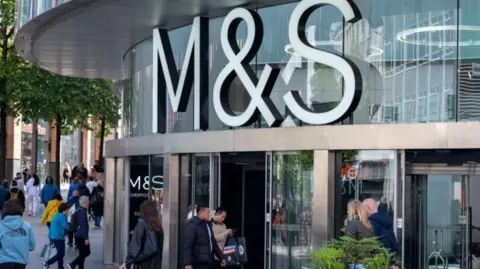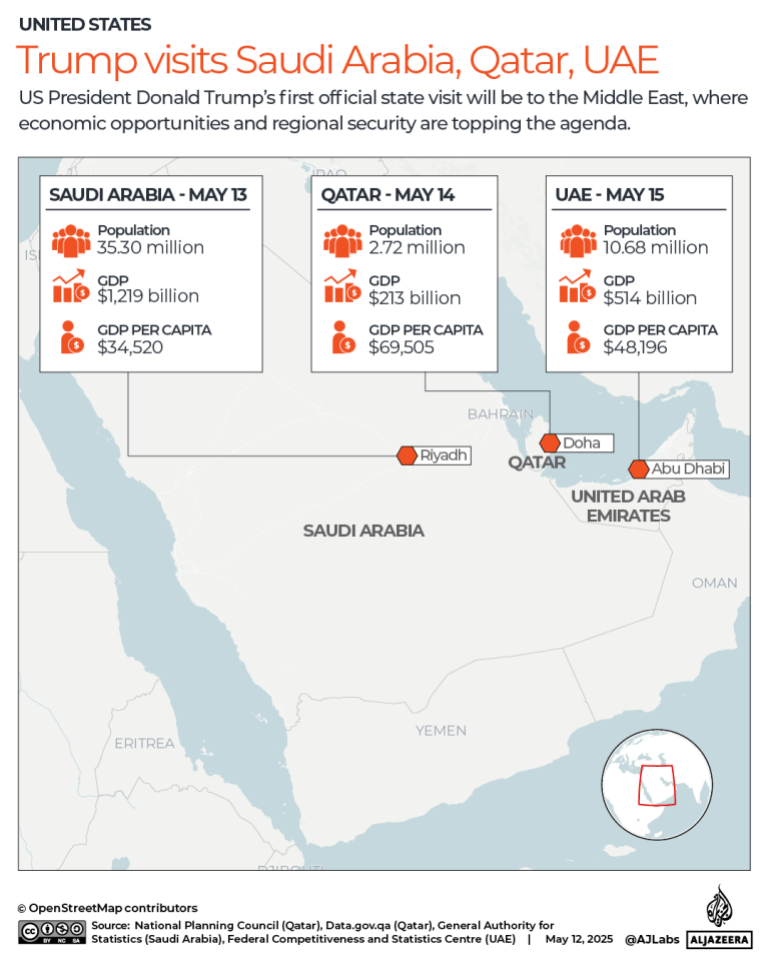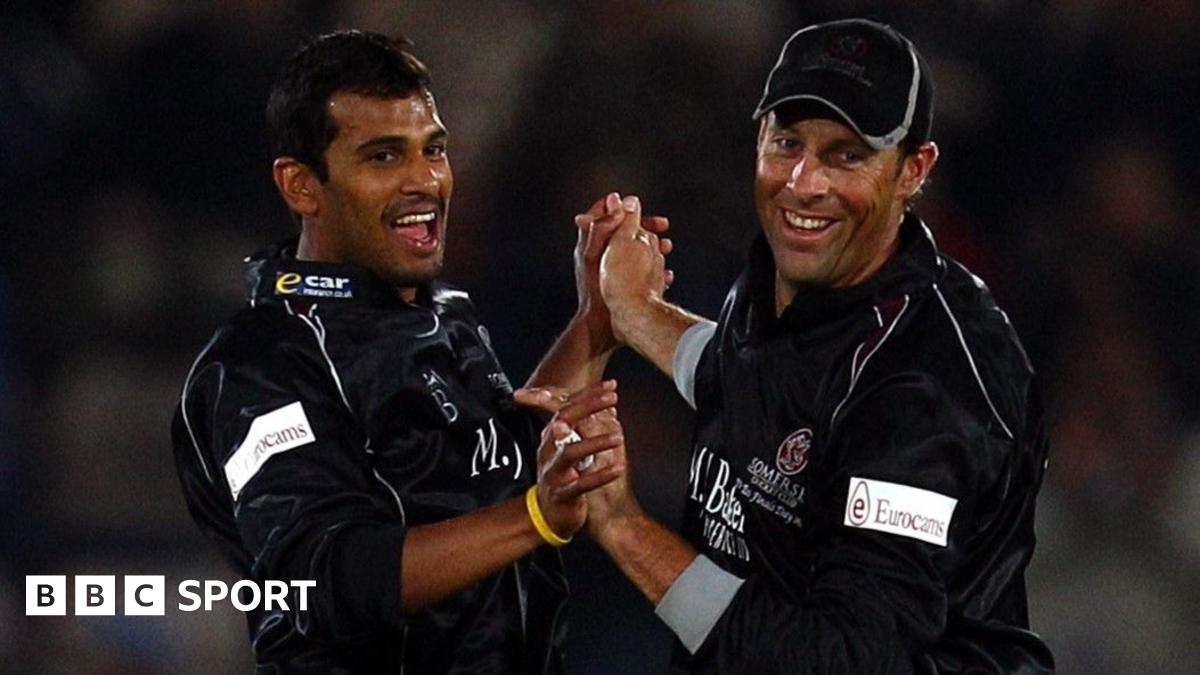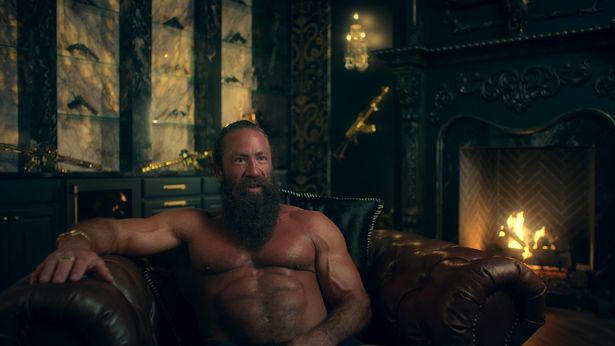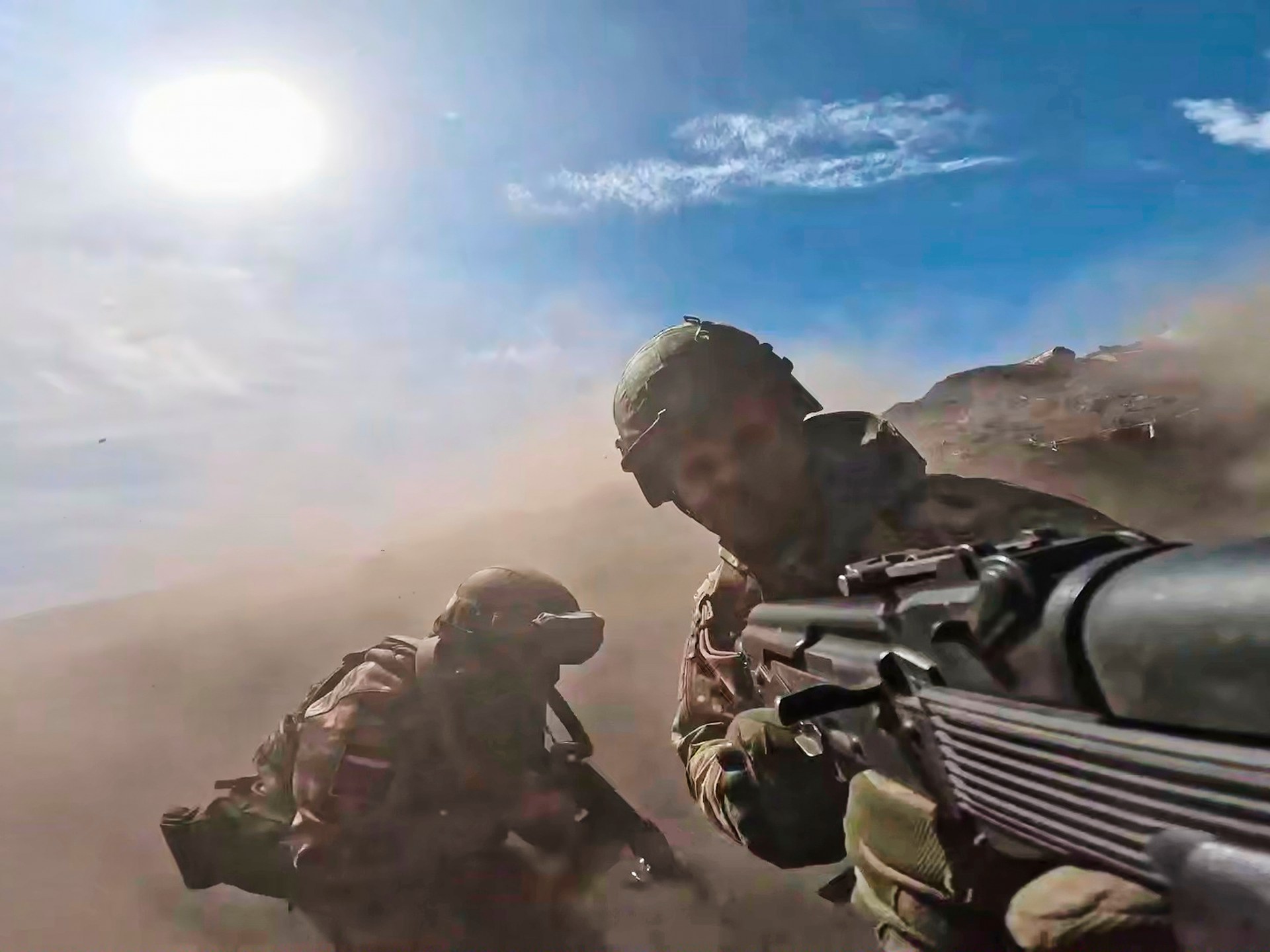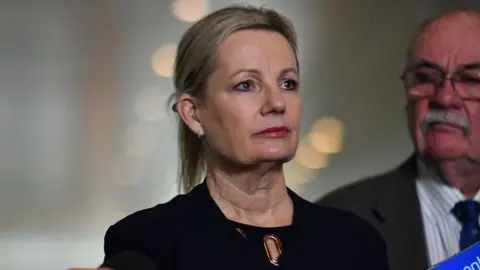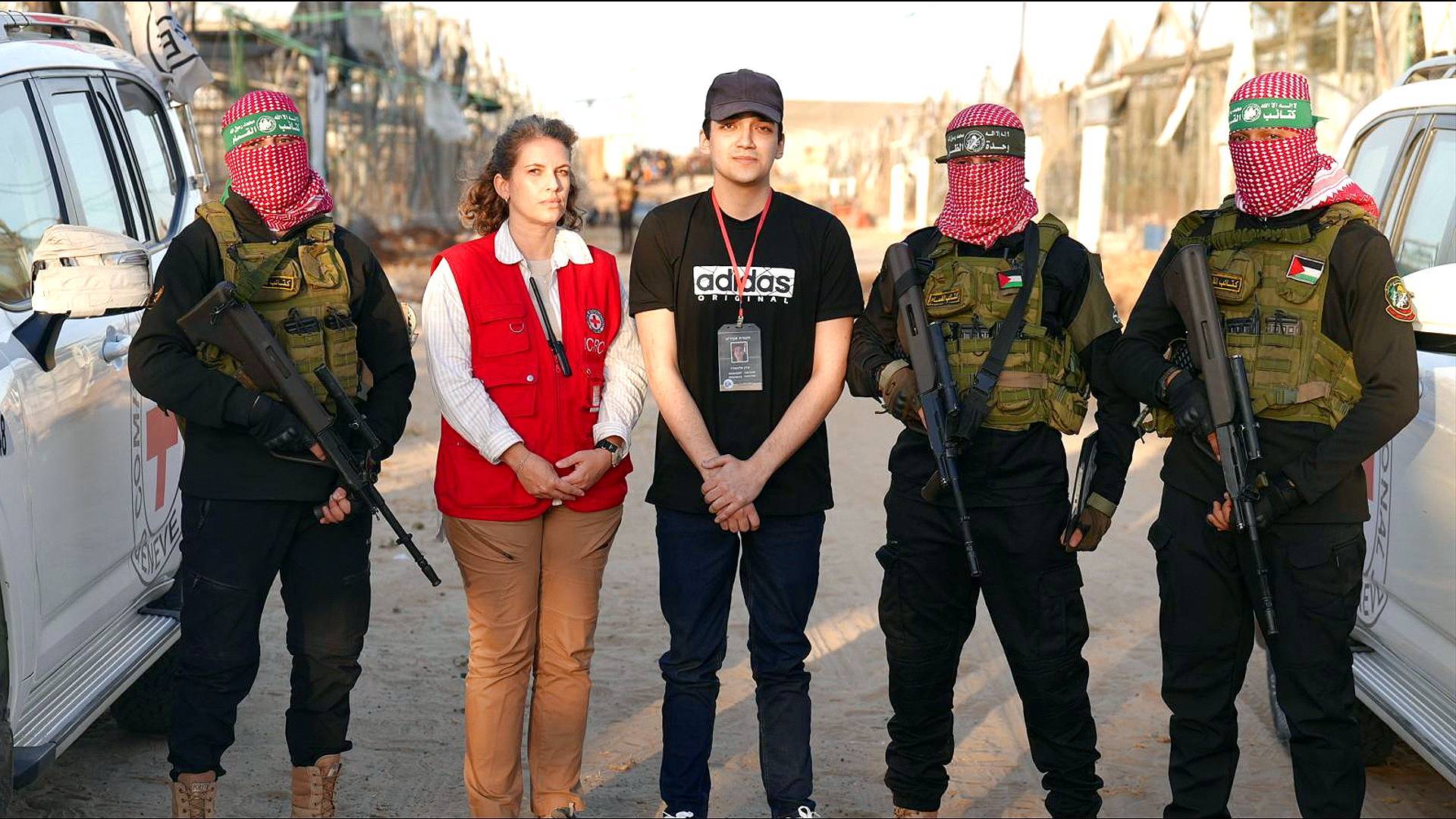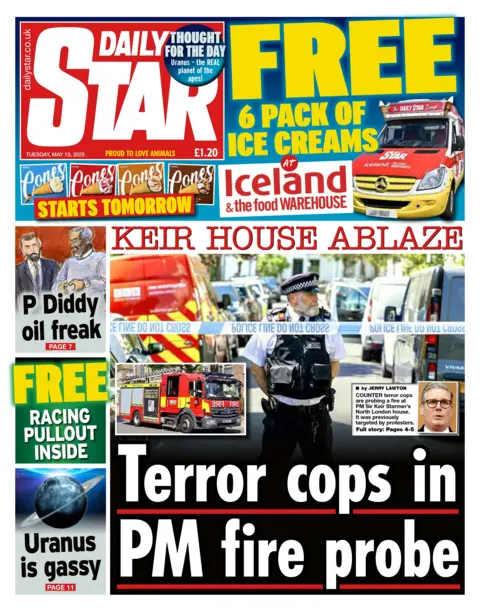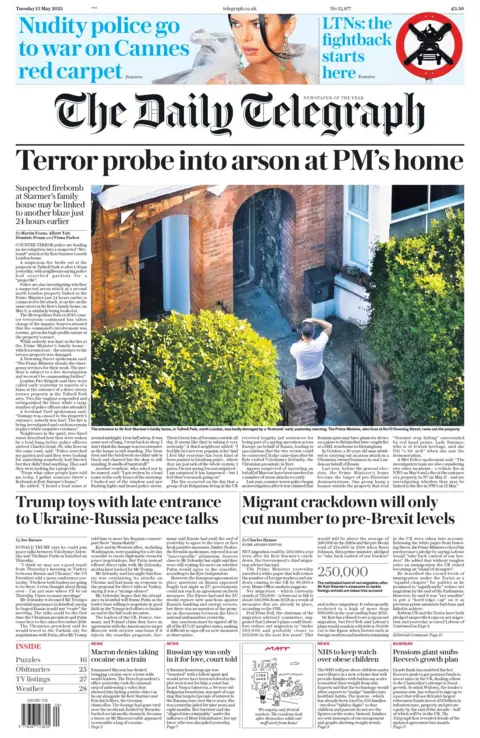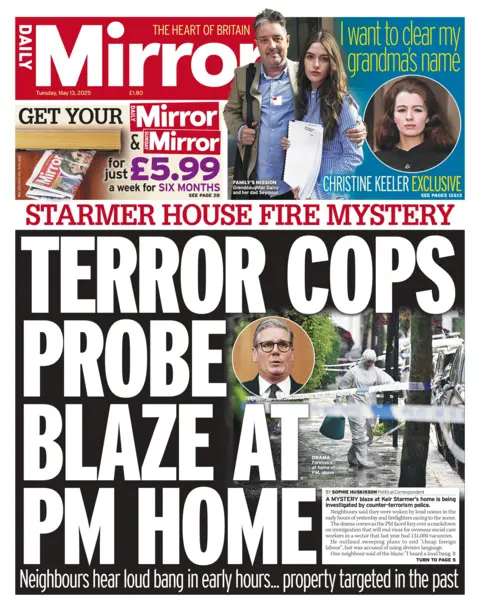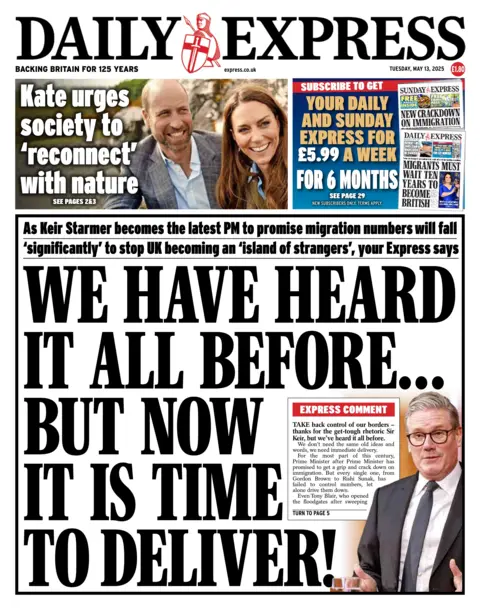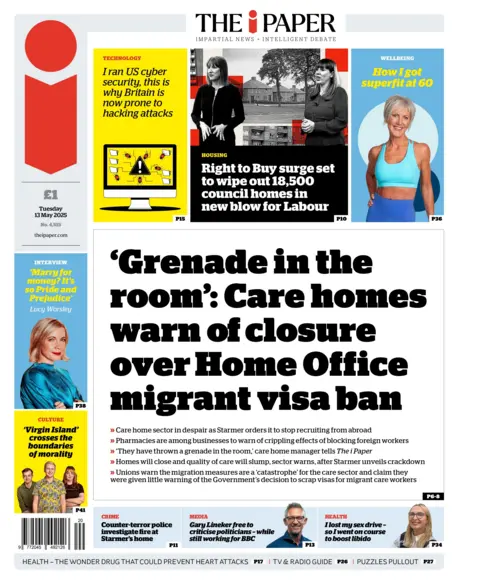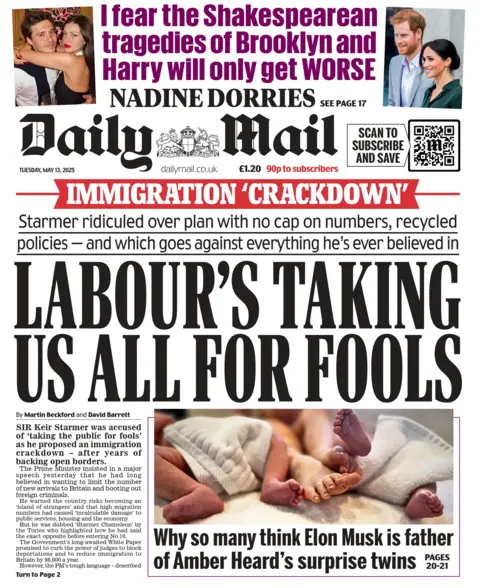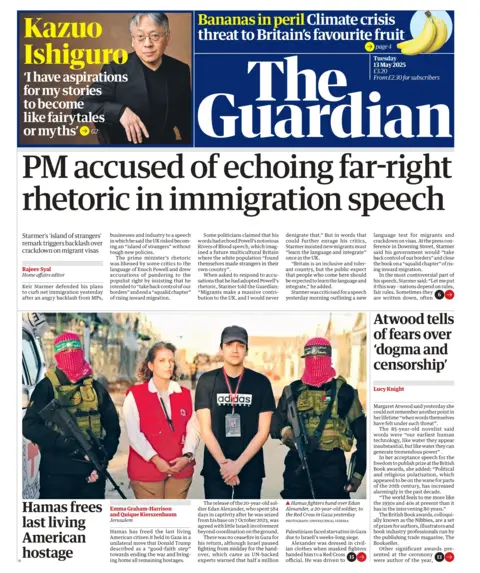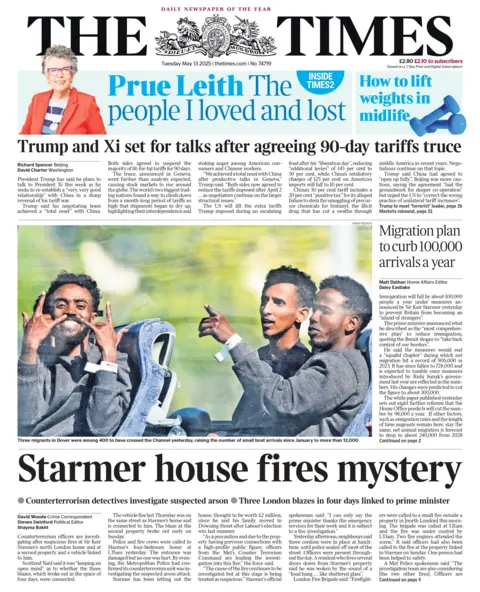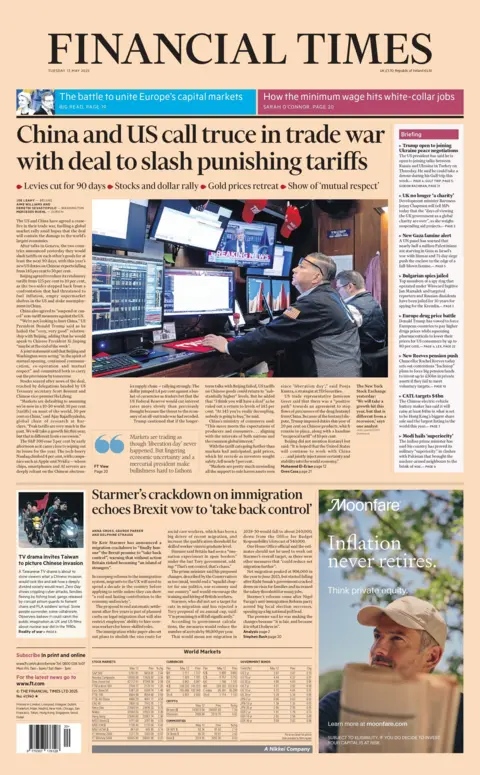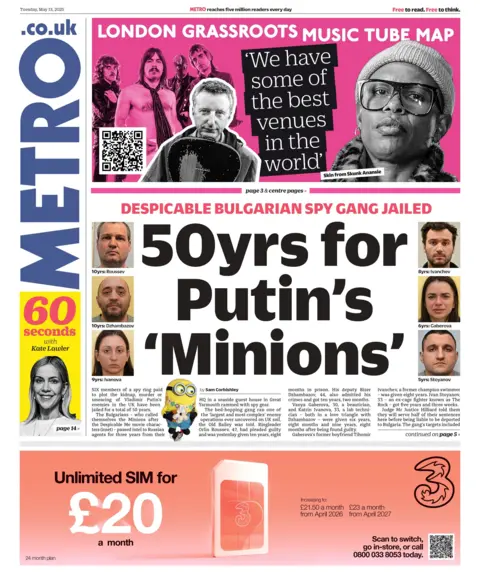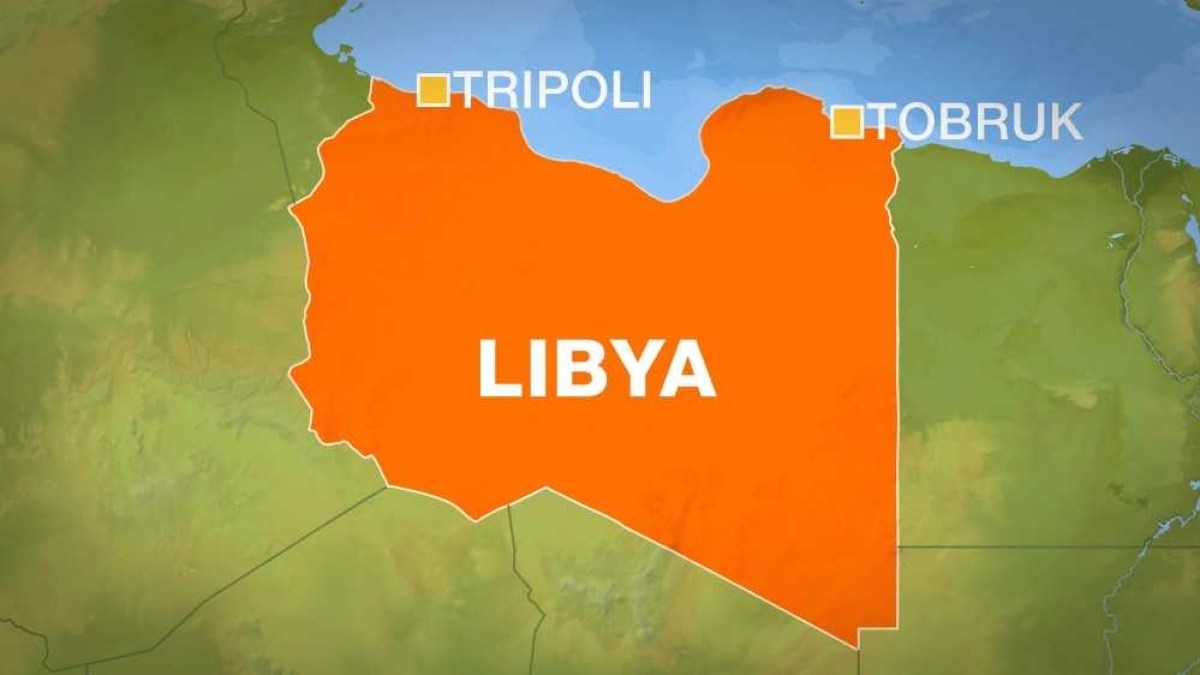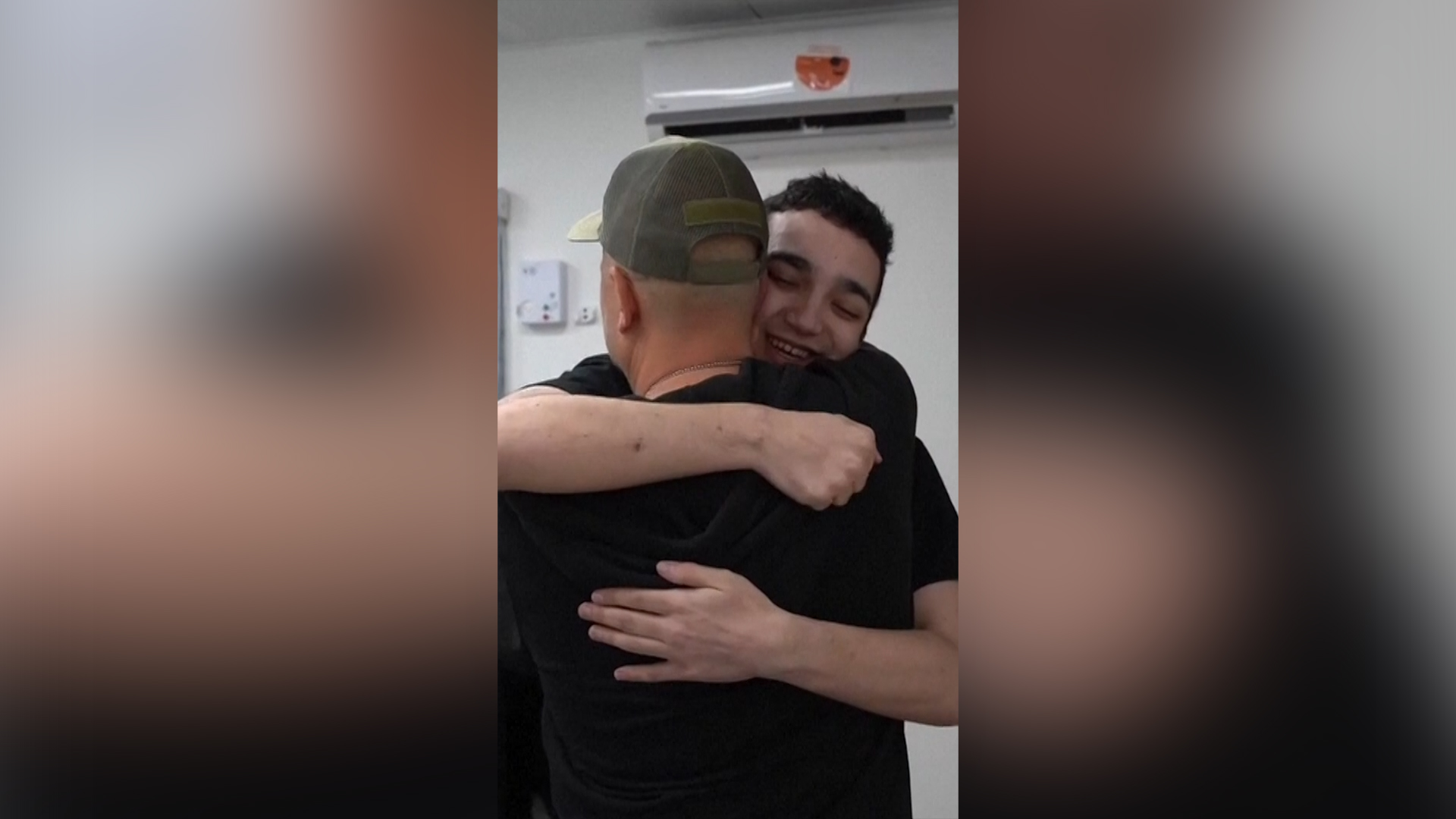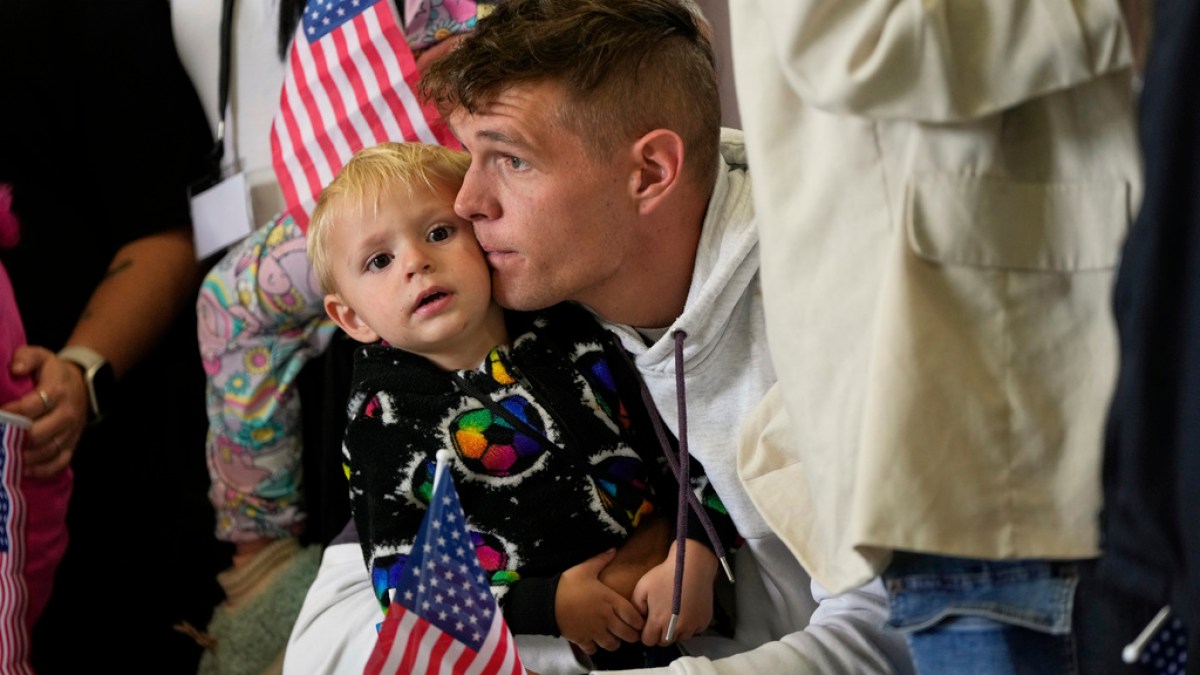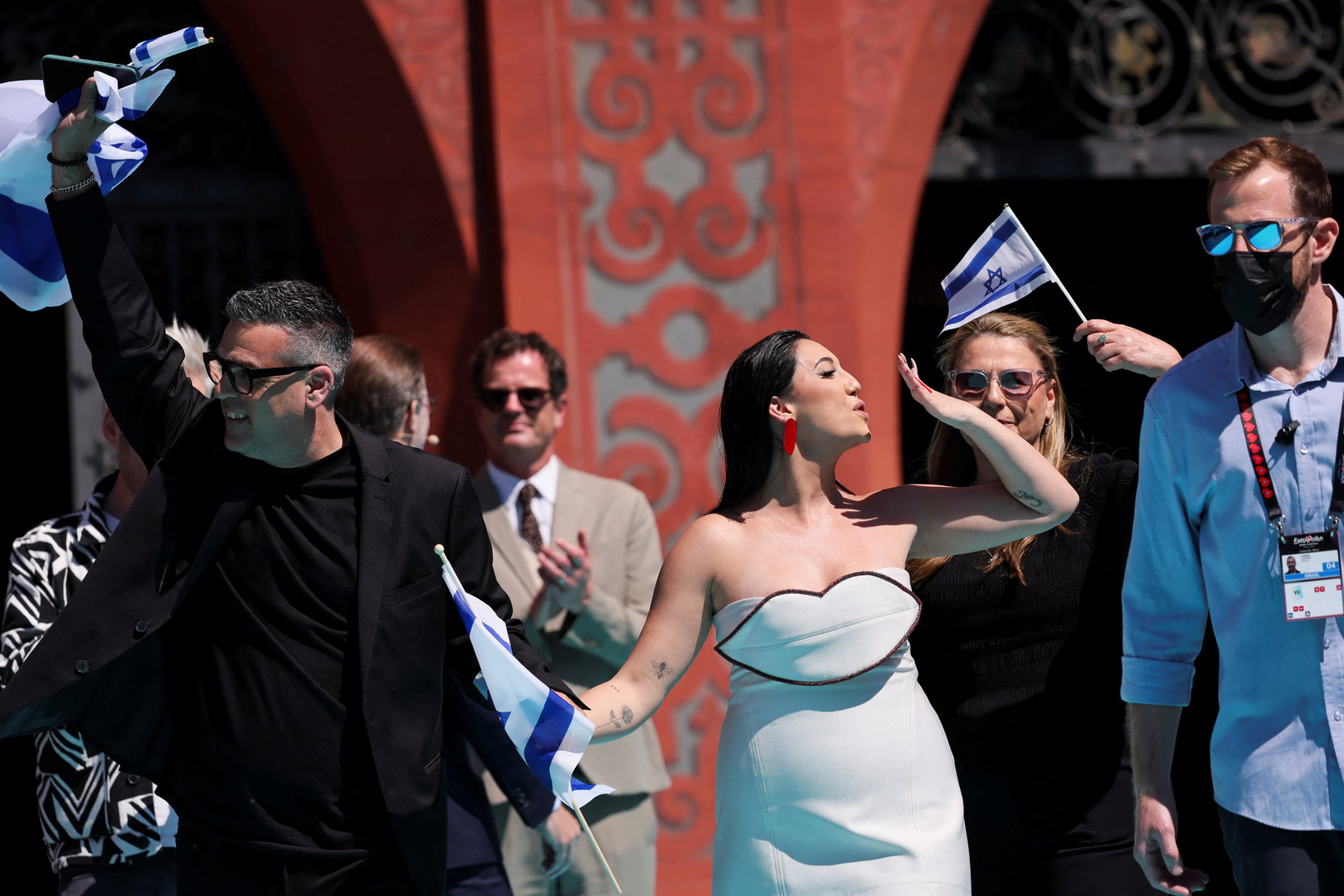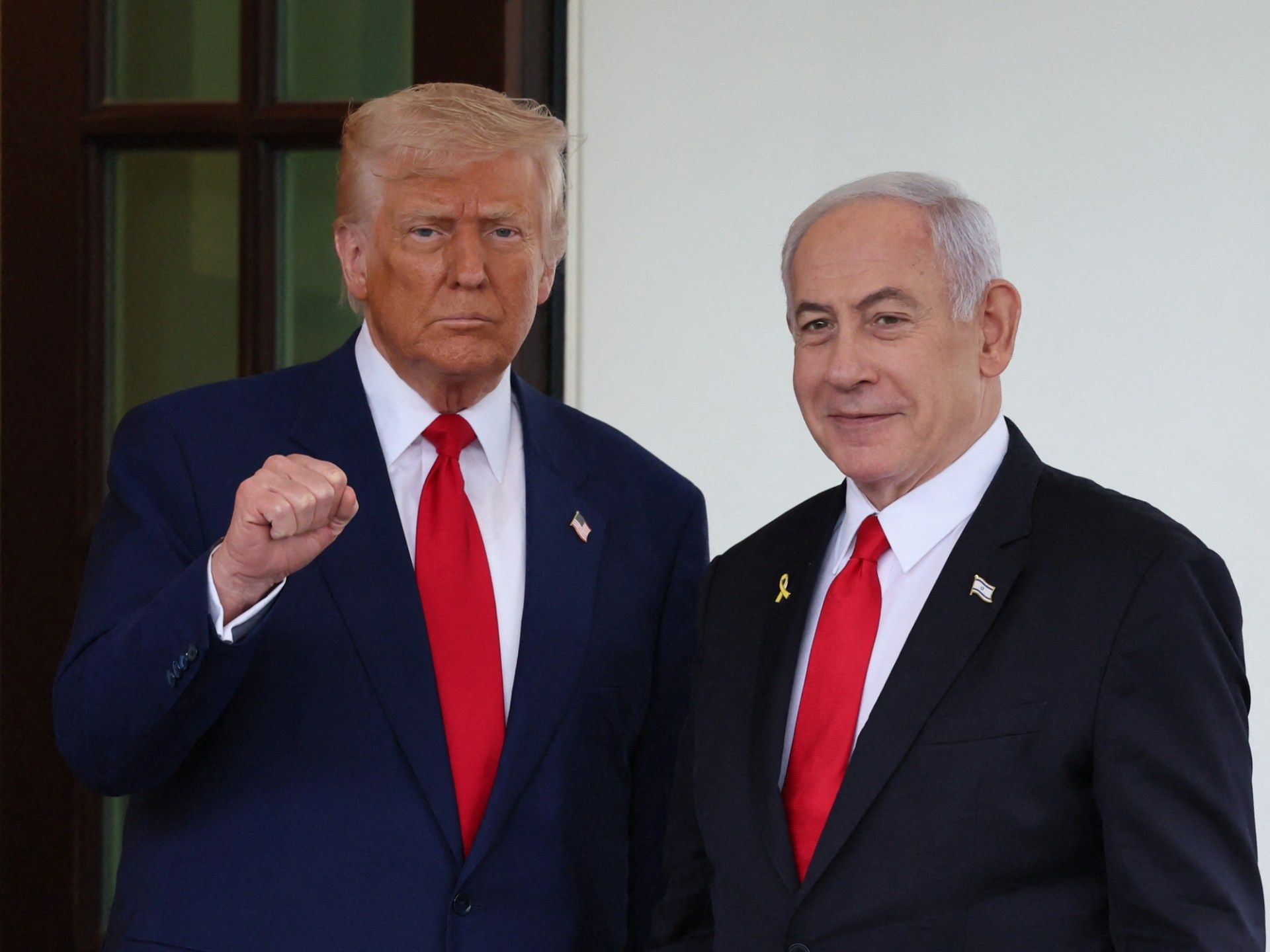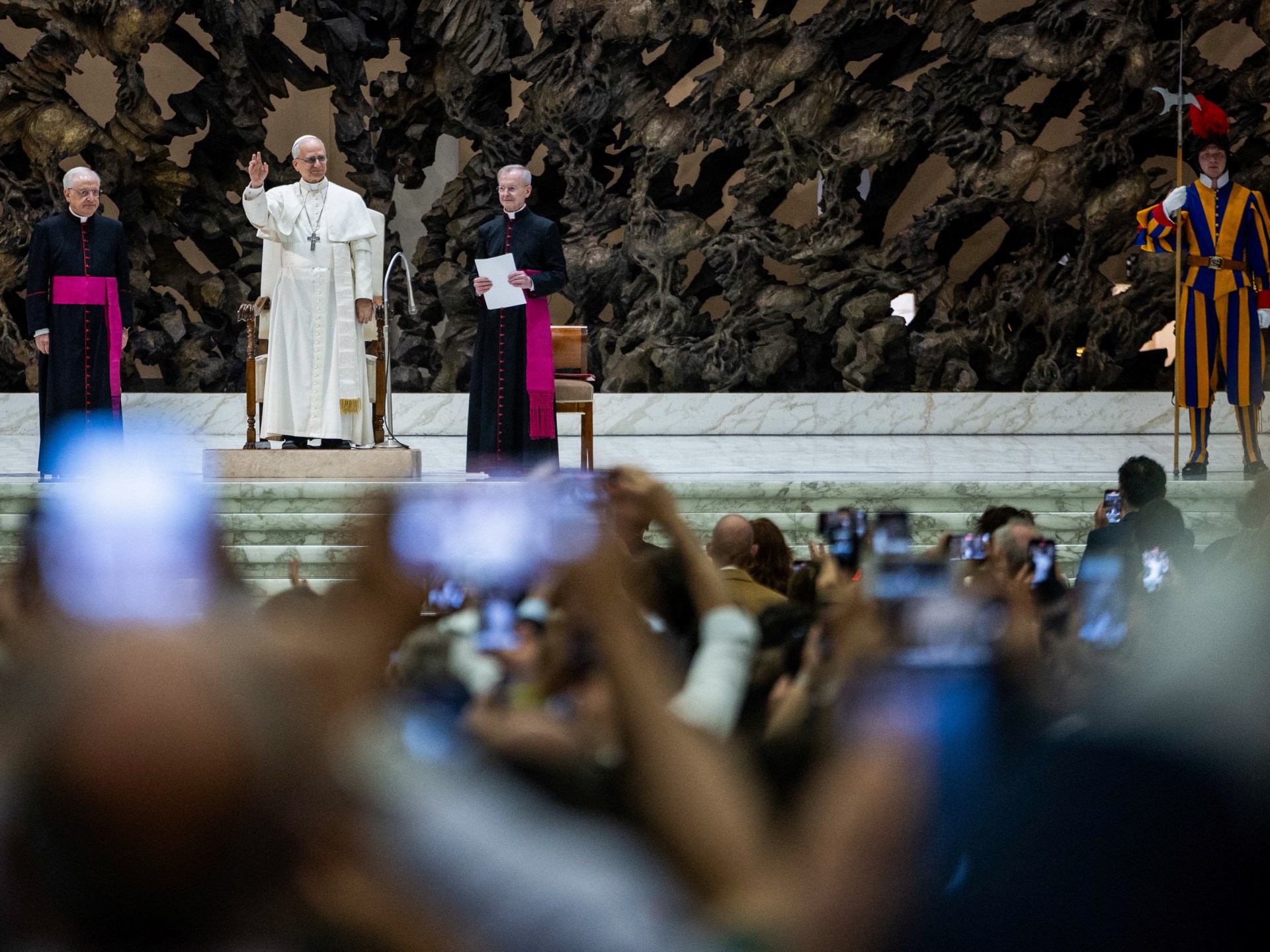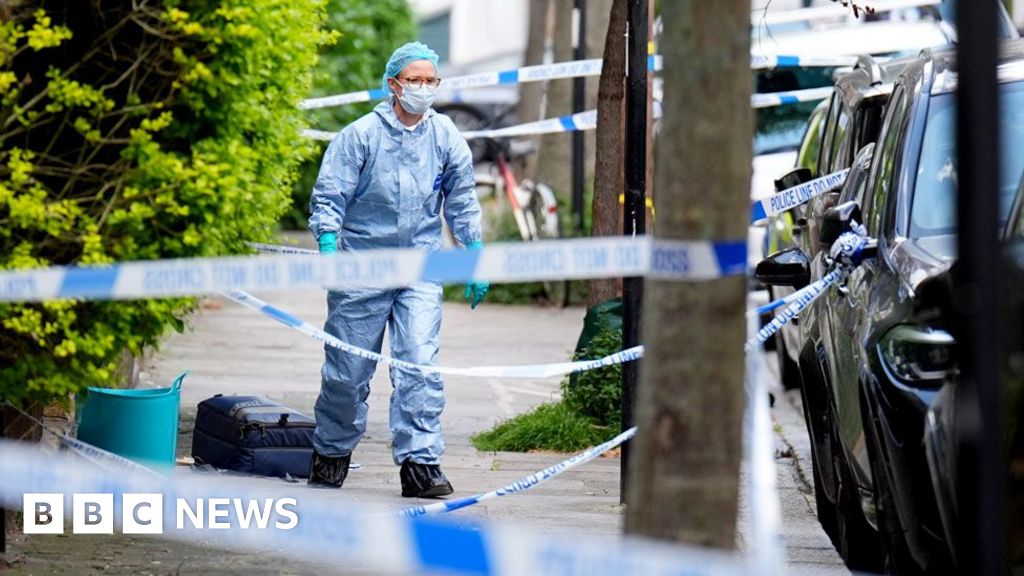Brian Johnson, also known as the Liver King, was a huge star on social media
A TikToker who goes by the moniker Liver King faced intense backlash after he confessed to steroid use, despite having promoted a physique he claimed was achievable through an ‘ancestral’ way of living that included consuming testicles.
He amassed millions of fans by showing off his raw meat-based diet, extreme fitness regime, and adherence to traditional gender roles, while marketing his range of supplements and advocating for nine fundamental life pillars: sleep, eat, move, shield, connect, cold, sun, fight, and bond.
Johnson, who repeatedly denied he had used steroids, was forced to issue a public apology following the leak of an email revealing his $11,000 monthly spend on performance-enhancing drugs. He subsequently owned up on YouTube, saying: “Yes, I’ve done steroids, and yes, I’m on steroids.”
Get Netflix free with Sky
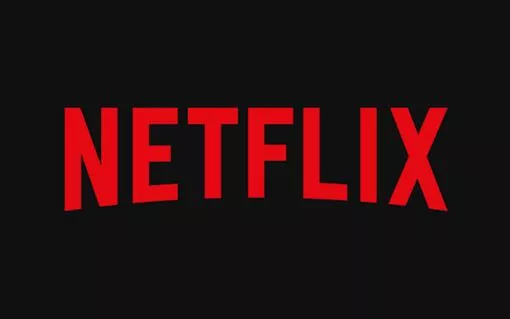
Sky is giving away a free Netflix subscription with its new Sky Stream TV bundles, including the £15 Essential TV plan.
This lets members watch live and on-demand TV content without a satellite dish or aerial and includes hit shows like The Last of Us and Black Mirror.
The polarising influencer, whose real name is Brian Johnson, is now at the centre of a brand-new Netflix documentary that launched today (May 13). The film presents interviews with Johnson himself, his family, and those who supported him as he built up his enterprise.
The documentary’s synopsis reads: “He built a supplement empire by devouring raw meat on social media. And he had the muscles to prove it. But really, how did the Liver King get so huge?”
Where is the Liver King now?
Some of his followers may have had their trust in their fitness idol shaken after he disclosed using steroids, yet he still commands a massive audience on social media despite infrequent posts. He currently holds a whopping 6.1m TikTok followers, 2.9 million on Instagram, and has crossed the 1 million mark on YouTube, reports Surrey Live.
The documentary’s emotional climax features Johnson as he undergoes a transformation in outlook from his previously “extreme” regimen. He’s now cut out steroids and radically increased his consumption of fruits and vegetables.
In a memorable sequence, he’s shown expressing gratitude to each strawberry before consuming it.
“I was so convinced all of the carnivore stuff, well, that’s all you needed to really kick ass in life. I’m convinced now I was starving myself,” he reflects. “I guess I want the world to know that I was wrong. I got all of it wrong… There’s a lot more that I don’t know than I do know.
“An extreme approach to anything probably ain’t f****** working out. That’s probably the cautionary tale.”
The social media star has already plotted out his future venture, and is shown on camera revealing his plans for a series of 302 health and fitness retreats in a ranch-like setting.
Responses to the Netflix documentary are split so far. One disgruntled subscriber said: “Netflix, this might be rock bottom for you,” while another vented: “I hate that Netflix gave him a platform. So sick.”
UNTOLD: The Liver King is now streaming on Netflix


